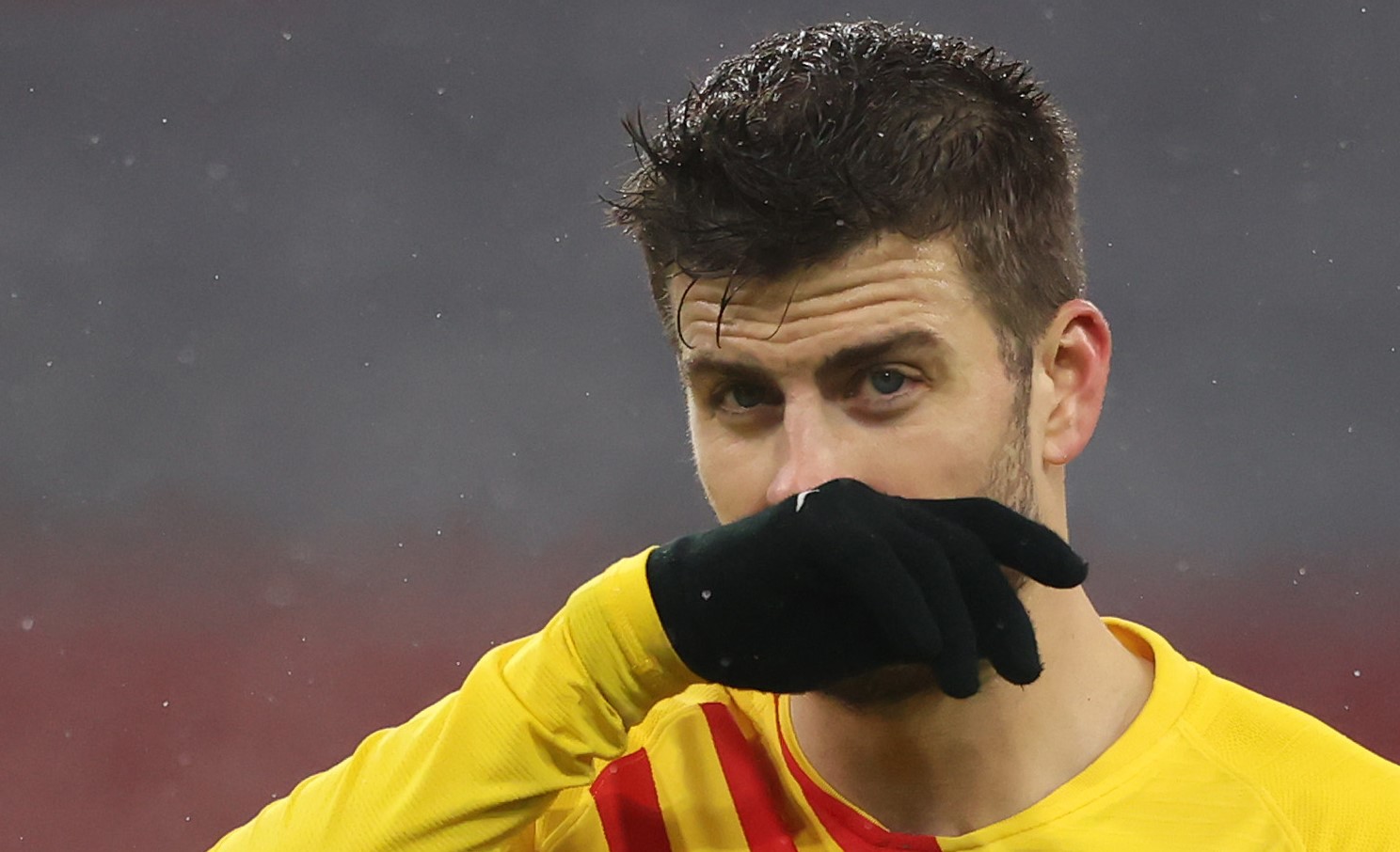
Spain has boasted some of the greatest football clubs in recent history; whether Barcelona 2008-2012 or Real Madrid 2016-2018.
Spain has long dominated UEFA coefficients, coming in first place in fifteen out of the twenty years since their inception in the 2002/03 season.
However, with England deposing the nation over the last two seasons, and with Atleti the furthest to advance (Round of 16) in last year’s Champions League, there has clearly been a lull in performance.
The question on many lips is whether it’s temporary, or if a more long-term malaise is at hand.
Increased competition?
The La Liga season so far has seen plenty of unexpected results, and has produced a varied table.
While Real Madrid sit on top, they do so with fifteen goals conceded – only two less than thirteenth-placed Villareal – and the next seven five positions share five points between them.
Barcelona, astonishingly, sit in seventh. This is a sign of considerable unpredictability in the league, as Forbes outlines, yet not necessarily of quality.
Despite the shock results, bookkeepers are still promoting better odds for the big sides – Real Madrid, Atleti, Barça, and then Sevilla, Valencia and Betis – nodding to a belief that there is still a lot of strength in those top sides. Arguably, a stronger Barça and Real Madrid means a stronger league.
Spending power
Of course, part of the problem with Spanish football are the debts being run up at the top clubs.
While the Premier League continues to attract huge spending from the bankrolled clubs such as Man City, Chelsea and Newcastle, and the Bundesliga shells out for players using sustainable models, La Liga is floundering.
A report by Last Word Reports found that Barcelona are near bankruptcy; Real sit on a 1 billion Euro debt pile.
They simply cannot afford to spend, even as rumours of Mbappe to Real continue to gather steam.
The inability to pull star players, as reputation alone cannot pay the wages, is leading to a dearth of established talent in the league.
Youth moving forward
There may be hope in the league’s youth. Fans of Barcelona will note that their 2008-12 side had some superstar purchases – David Villa, Samuel Eto’o, and so on – but was largely driven forward by the academy.
Messi, Xavi, Iniesta, Busquets, Victor Valdes and Pique were all home-grown – though Pique did require a small transfer fee to Man Utd to bring him back.
With the emergence of Ansu Fati and Pedri at Barça, and the shrewd purchase of wonderkids like Camavinga by Real Madrid, there are signs on the horizon that the league is once again relying on its excellent youth prospects to drive their clubs forward.
To get back on top, Spanish clubs need to whittle down their debt while enhancing the development of their youth.
Superstars will continue to be pushed towards Spain by the media, yet it’s unlikely Madrid can afford an Mbappe nor Barcelona a Mo Salah.
The post Has Spain’s golden age ended amid Barcelona’s decline and Premier League’s re-emergence? appeared first on Football Espana.

